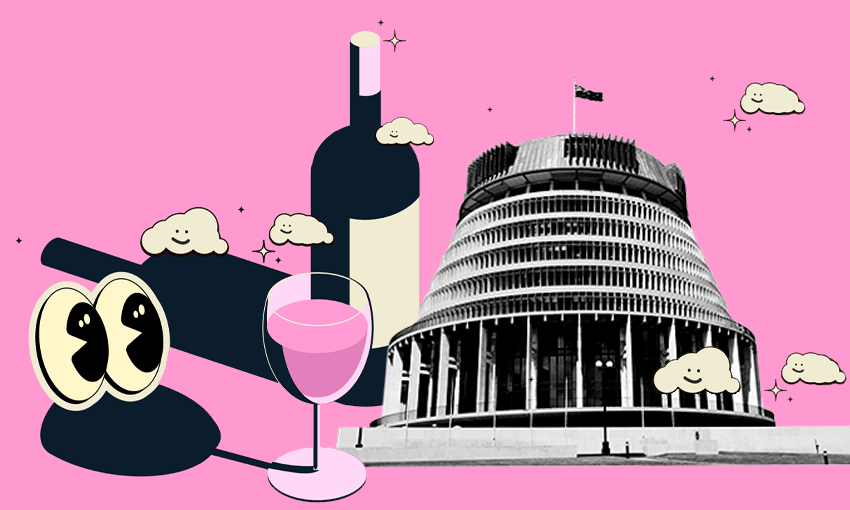ANALYSIS: Rogue MP Gaurav Sharma has been suspended from the Labour Party caucus, leaving his future in jeopardy as his colleagues await his next move.
Sharma, the MP for Hamilton West who won his seat during the Labour landslide of 2020, has been progressively marginalising himself within the party.
It started with a stunning opinion piece last Thursday and subsequent social media posts accusing various members of the Labour Party of bullying.
He has not produced evidence to back up his accusations but has claimed to have “hundreds of pages” of evidence to explain his case. They have yet to be produced.
READ MORE:
* Labour MP Gaurav Sharma suspended after ‘trust broken’
* Verity Johnson: Is Jacinda Ardern prepared to go down with the Labour ship?
* Gaurav Sharma and the Labour caucus: it is now a question of trust
Prime Minister Jacinda Ardern said on Tuesday that Sharma had issues with staff. That resulted in a hiring freeze on staff. Sharma refused to accept a ‘mentor’ or to make any undertakings on his part in order to improve and get new staff, she said.
Sharma’s future as a Labour MP now hangs in the balance. He was unanimously suspended. How he responds will determine his future.
STUFF/Stuff
Gaurav Sharma claims he has been bullied since becoming an MP.
For Labour, the Sharma issue has negated any political advantage it may have derived after the Sam Uffindell issue last week.
On Tuesday afternoon, Sharma declared the caucus meeting set to decide his fate a stitch up, after he was accidentally informed about an almost full caucus meeting, to discuss him, that took place on Monday night.
The meeting before the meeting. A time-honoured tradition in politics whereby the outcome of a given meeting is pre-determined by a faction or factions, or the leadership, in advance of the real meeting.
Usually, however, the pre-meeting meeting isn’t made public.
This fit perfectly into Sharma’s narrative, of the poor downtrodden lone MP, speaking truth to justice against a Labour machine full of blind eyes and bullies. The outcome was pre-determined.
Maybe, maybe not. But the outcome – a suspension or expulsion – could have been guessed by anyone. Politics is, after all, about the numbers.
In fact, Ardern’s reason for the pre-meeting meeting was that, put simply, lots of members of the caucus wanted to talk about Sharma, swap notes, go through what happened, without him there. Based on his recent behaviour it would end up in the press. His colleagues just didn’t trust him. And obviously, it would be a bit awkward.
Political parties are, at the end of the day, clubs. They have their own constitutions and rules. Sharma was invited to the caucus meeting where a decision on his future would be made and, according to the Prime Minister, he did not attend. According to the Prime Minister he was asked what time suited him, he wanted close to 3pm, was offered 2.30pm and didn’t respond.
In any case he didn’t attend. And so got suspended with a view to expelling him if he doesn’t come in from the cold and toe the party line. He has not so far shown any signs that he is going to.
The odd thing about all of this is that it is really a dispute over a serious, but seemingly pretty mundane employment matter. Sharma was allegedly a bad boss, was not allowed to hire extra staff as a result until his performance improved and thought that this amounted to bullying.
In most other lines of work it would be euphemistically called performance management.
In response to this Sharma has made quite extraordinary claims. One specific claim he made about misuse of taxpayer funds was soundly rebutted by Parliamentary Service as normal staff travel.
That led to claims that current chief whip Duncan Webb and former chief whip Kieran McAnulty were bullies in a system that seemed, according to Sharma, to be intent on ignoring him and his concerns
It is clear within Labour that basically no one else considers that this was the case. And clearly no one in Labour is very worried about any smoking gun or damning evidence emerging.
The next move is Dr Sharma’s.





















Discussion about this post